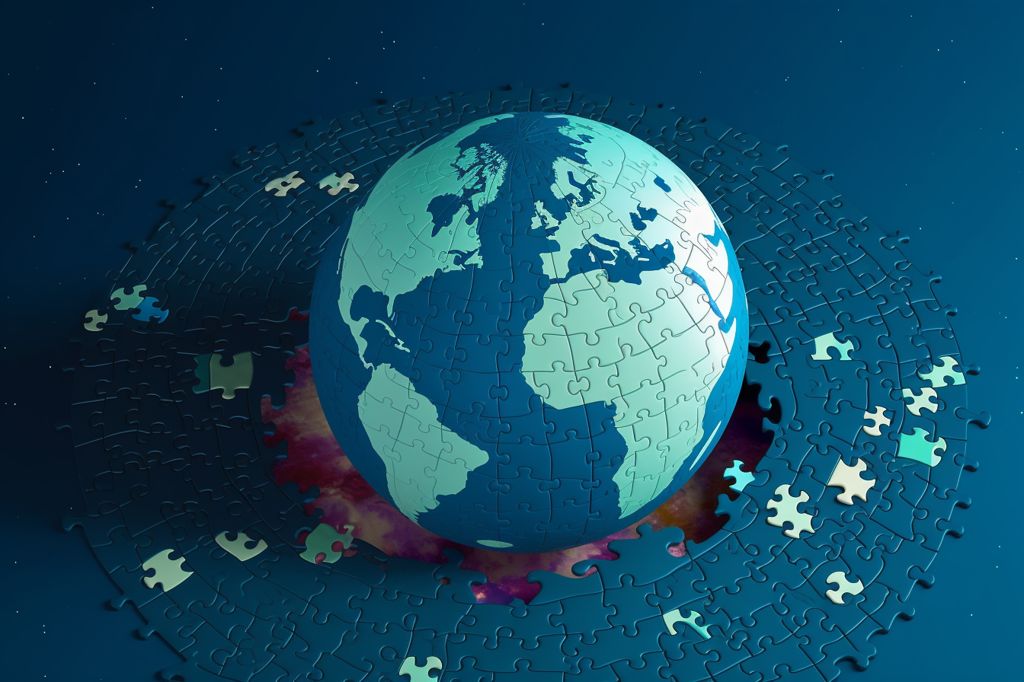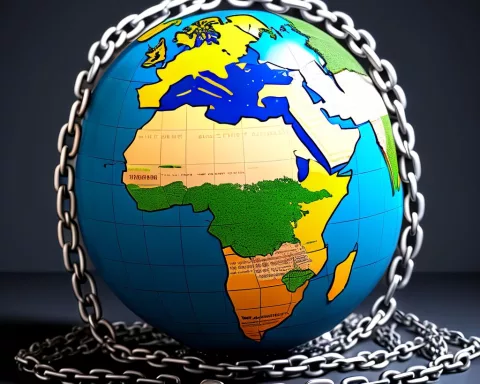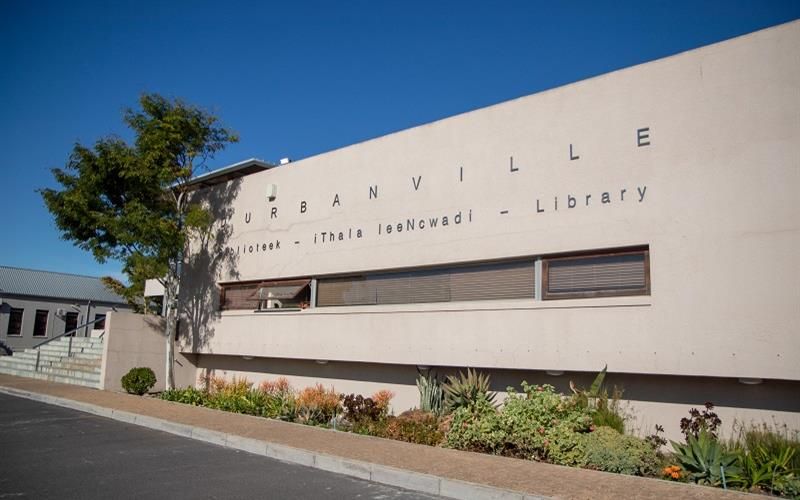The constantly changing global landscape presents both opportunities and challenges to humanity. High-ranking officials responsible for security have come together from various countries to discuss these issues, according to South Africa’s Minister Khumbudzo Ntshavheni.
Factors Shaping the World Today
Climate change, mass migration, economic pursuits, and the adoption of information and communication technologies (ICTs) are among the factors that shape our world today. The impact of these changes is particularly severe in developing countries, especially in Africa.
Impact on African Nations
Africa’s development trajectory is worsening due to these global changes. The Covid-19 pandemic has exposed the lack of commitment from the global community to eradicate diseases that continue to plague Africa, such as malaria, Ebola, and typhoid. Despite being severely impacted by the pandemic, African nations, including South Africa, have struggled to secure affordable financing for their economic recovery and reconstruction programs.
Challenges in South Africa
South Africa faces several challenges, including a staggering 60% youth unemployment rate, making them vulnerable to exploitation. The country is also grappling with the economic effects of the pandemic and the devastation brought about by severe floods in recent years. These floods have affected the country’s food security, poverty eradication efforts, and infrastructure development.
South Africa’s Position on Global Issues
South Africa’s stance on the Russian-Ukrainian conflict has been criticized. The government has faced accusations of siding with Russia by advocating for non-alignment and a peaceful resolution. Regardless, the government remains steadfast in its belief that no country should dictate South Africa’s choice of friends or impose its enemies upon the nation.
South Africa’s commitment to technology neutrality, which involves adopting the best and most affordable technologies for digital transformation, has also been met with pressure. The country faces calls to reject products from China and other nations deemed inappropriate by unilateral standards.
Cooperation among Nations
The global challenges humanity faces in the coming years will require cooperation among nations. Disease, climate change, technological disruption, and financial crises will test the resilience and adaptability of communities, states, and the international system. Investing in the economic development of Africa is essential for ensuring the continent does not become a breeding ground for terrorism and mass migration.
African Nations’ Readiness for Negotiations
South Africa and other African nations have expressed their readiness to participate in negotiations to resolve the ongoing war in Ukraine. The conflict has led to increased energy prices, food costs, and inflation, negatively impacting the cost of living across the region. Minister Khumbudzo Ntshavheni emphasized the importance of peaceful negotiations and engagement to put an end to the hostilities, with African nations offering their expertise in conflict resolution.
To overcome the challenges posed by global trends in international relations, fostering cooperation, dialogue, and investment is crucial. By working together, countries can ensure a brighter future for all.












